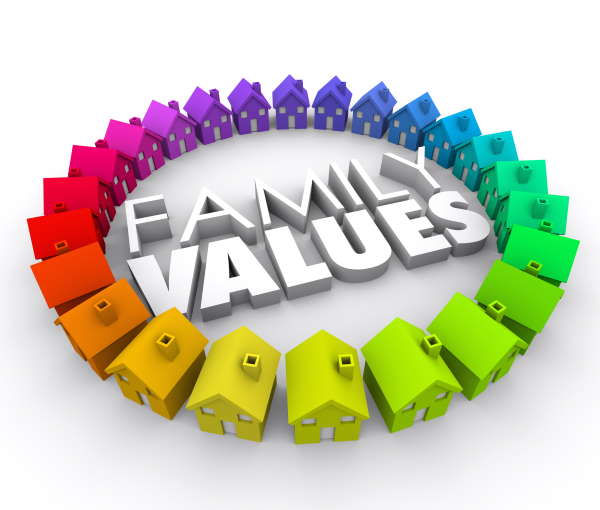Moral identity can inspire empathy, activate compassion and motivate caring behavior. Having a family moral identity gives children a framework that will shape their own behaviors and thought patterns about who they are and what they believe. Every parent and caregiver have a responsibility to help children to develop a moral identity that inspires them to see themselves as caring and compassionate human beings.
What is Moral Identity?
Moral identity is the degree to which a person believes being moral is important. Moral identity is an indicator of how a person will act in certain situations. If a child has a strong moral identity, they will act in a positive and prosocial manner. A positive moral identity can help a child to make positive choices when confronted with bullying behaviors.
How Do We Help Kids to Develop a Moral Identity?
By developing a family moral identity, parents and caregivers can help kids to boost their own moral identity. By deciding together how you will act as a family, you can help your children to develop their individual identities. Here are some steps that you can take to develop and write your family mission statement.
1-Have a family meeting-make it fun and electronics free. It’s OK if you need to have multiple family meetings to finalize your family mission statement. Make sure that everyone is contributing in a positive way. Assign someone to take notes during the meeting.
2-Talk about the kind of family you want to be-The purpose of these meetings is to talk about family beliefs and what actions the family is going to take that will define who you are as a family. For instance, what core values do you want to follow? (empathy, compassion, generosity, gratitude, integrity, etc.) What do you want your family to be known for? How do you want to give back to others? How Do you want people to feel when they come to your home? You get the idea!
3-Create a family motto-Create a family “mantra” that expresses your core values. Develop a short phrase that describes your family and your beliefs. If you really want to get creative, help your kids create a personal mantra for themselves. Write it down, print it out, use it as a computer screensaver and keep it posted where everyone can see it on a daily basis.
4-Be a role model-Share your values again and again. Be intentional in reminding your kids of your family’s core values, family motto and your beliefs. What you do in the ordinary moments of life can be powerful images for your child to remember and recall.
5-Have family debates-Topics can range from family issues like curfew, allowance, etc. to world issues like hunger, poverty, etc. Encourage your kids to speak up because home is the one of the best places for your child to develop their own “voice”.
6-Make a virtue scrapbook-Create a scrapbook of photos and art work that displays your child’s moral behavior. For example, you can display photos that show your child’s kindness to friends, compassion for animals or good sportsmanship in their team sports.
7-Write a letter to your child-A great way to remind your child of their moral identity is to write a letter that reminds them of their caring qualities. Write a birthday letter every year and save them for your adult child.
8-Encourage self-talk-Teach your child statements that they can repeat back to themselves when someone picks at her moral identity. Help your child to realize that the problem is not with them. Phrases like “I am a good person” or “I do not deserve this treatment” remind your child that the issue is not with them, but with the perpetrator.
Forming a moral identity is a lifetime process that evolves from a variety of sources. Receiving feedback, observing others, reflecting on experiences and responding to cultural influences all contribute to the process.
In the end, it is parents and caregivers who must inspire their children to look at themselves as caring, empathetic people.
If you would like to find out about more ways to bullyproof your kids, check out our latest e-book called “Bullyproof”. It’s full of ideas on how you can take small steps to empower your child to stand up to bullies, to keep the lines of communication open and to help your child to become more empathetic and compassionate.
Subscribe to our email list at the end of this post and you’ll get the free e-book delivered to your inbox. Then you will be notified when new blog posts are published, receive our newsletters and other useful information about bullying prevention.



Recent Comments